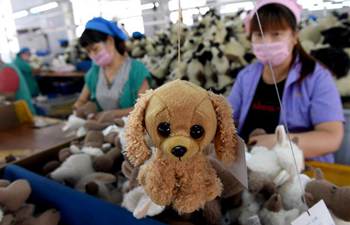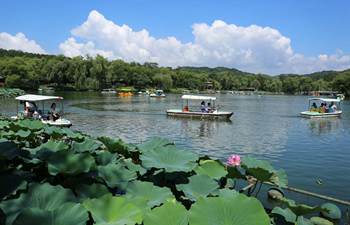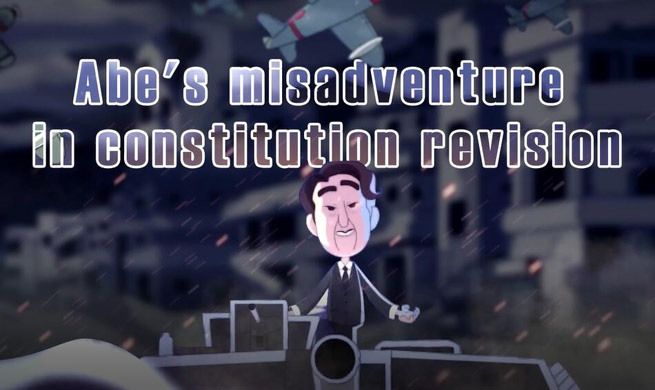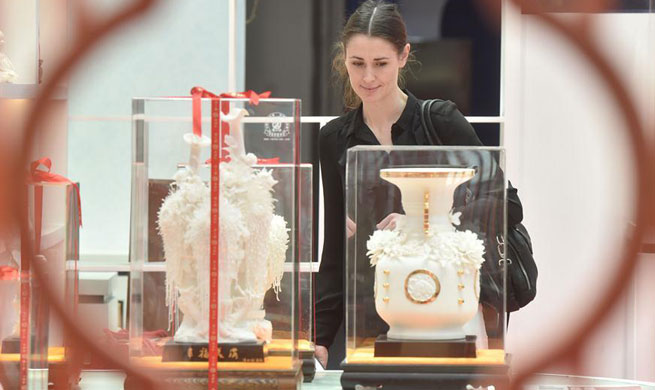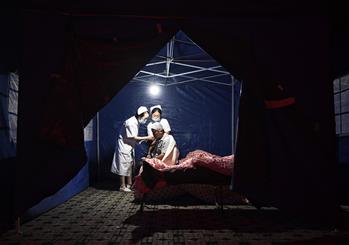CAPE TOWN, Aug. 17 (Xinhua) -- The South African government on Thursday denied allegations that the country does not have systems in place to ensure that any prospective domestic sale of rhino horns takes place in a strictly regulated manner.
"Legislative provisions are in place to ensure the domestic trade in rhino horn is strictly controlled and that the prohibition of the commercial international trade by the Convention on the International Trade in Endangered Species of Wild Fauna and Flora (CITES) is not violated," Minister of Environmental Affairs Edna Molewa said.
She was speaking after a number of non-governmental organizations (NGOs) raised concern that domestic trade in rhino horns would lead to an increase in the illegal international trade due to the lack of a regulatory regime in the country.
This came as the online auction of rhino horns at the domestic market is scheduled to start on August 21.
Molewa has been criticized for allowing the online auction.
The minister said the country does have a regulatory regime, which includes, among others, the National Environmental Management: Biodiversity Act, in addition to provincial legislation.
"Additional measures are being taken to tighten legislation with regard to the domestic trade in rhino horn," the minister said.
This is evident from the publication in February of three sets of regulatory measures -- draft regulations to regulate/control the domestic trade in rhino horn; the prohibition of the intentional powdering or shaving of rhino horn and the domestic sale and export thereof; and the listing of the Eastern Black Rhino as a protected species in South Africa, Molewa said.
She refuted claims that the legalization of the domestic trade in rhino horns will result in increased illegal trade internationally.
Such claims are "speculative in nature", particularly since there has been no such sale of rhino horn since poaching started increasing in 2008, Molewa noted.
She said South African authorities have improved their ability to track the movement of rhino horns through the implementation of a national database and systems relating to the marking of rhino horns and genetic profiling.
"We have further improved our detection ability at ports of entry and exit by increasing awareness, human capacity, technology and skills," said Molewa.
This is evident in the increased number of confiscations, arrests and convictions, she added.
South African private rhino breeders have won a series of court battles earlier this year to overturn an eight-year-old moratorium on the domestic sale of rhino horns.
But global trade in rhino horns remains prohibited under the CITES.
South Africa imposed a moratorium on the trade in 2009 with the aim to curb rhino poaching.
South Africa, home to more than 80 percent of the world's rhino population, bears the brunt of rhino poaching, having lost a total of 529 rhinos this year, official statistics show.





